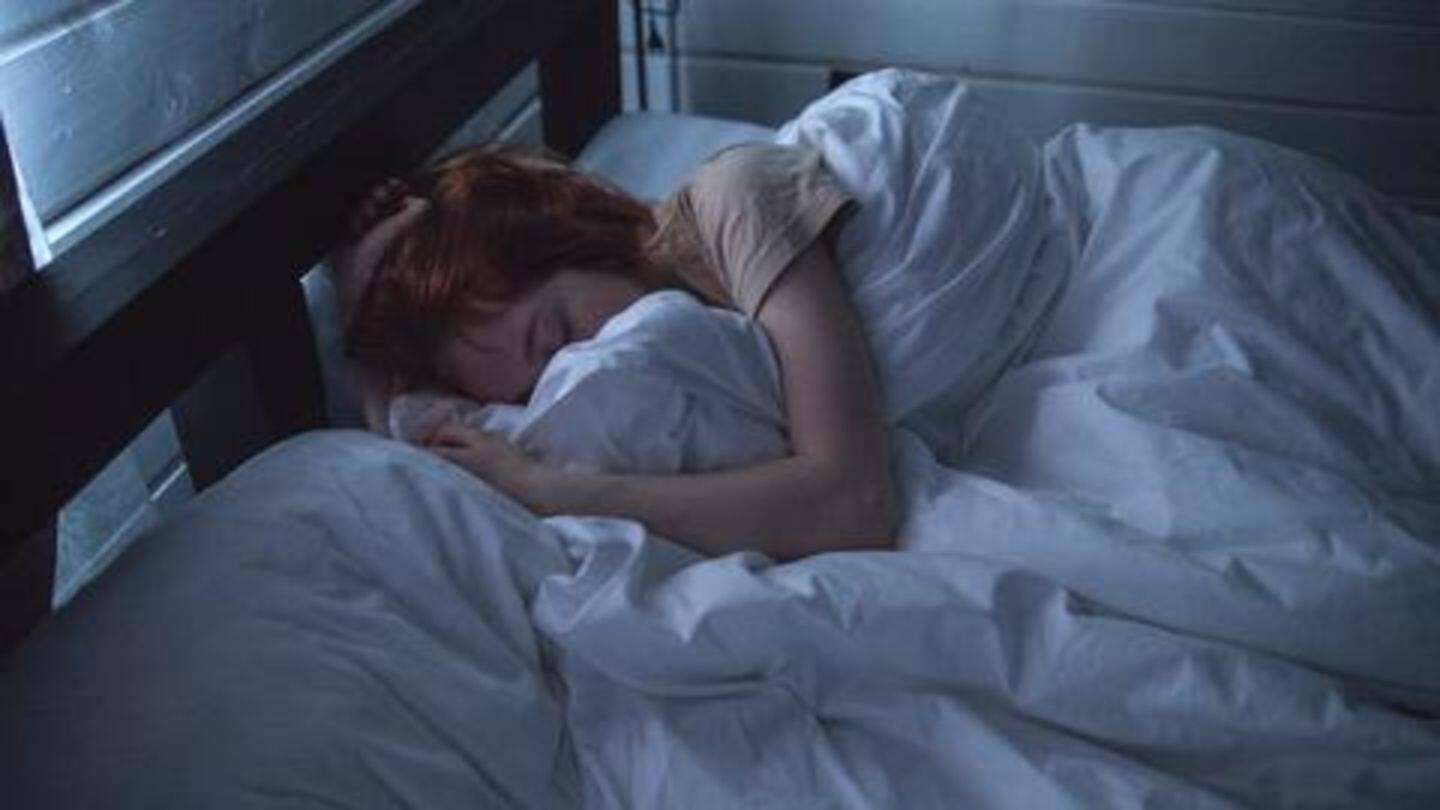
MIT scientists developed a device to 'hack' your dreams
What's the story
Dreams, the mash-ups of stories/images seen while being in deep slumber, have no direct connection with the real world; they neither affect your life nor you have a way to control them. But, some MIT engineers have a different theory and are working on technologies capable of actually hacking and augmenting dreams to prove that. Here's all you need to know about it.
Project
Dream Lab and its opinion on the role of dreams
While a large part of the scientific community firmly believes that dreams have no impact on the real-life of a person, MIT's Dream Lab, launched in 2017, shares a different opinion. They think that dreams can be tweaked to trigger a response that might improve the waking part of our lives, in different ways.
Possibilities
Possibilities range from memory to creativity augmentation
"People don't know that a third of their life [spent sleeping] is a third where they could change or structure or better themselves," said Adam Horowitz, a researcher at the Dream Lab. He added, "Whether you're talking about memory augmentation or creativity augmentation or improving mood the next day or improving test performance, there's all these things you can do...that are practically important."
Study
This is where the dream-hacking tech comes in
To study how interfering with dreams could change the waking life of a person, the team has developed devices that add sounds and smells into dreams. They use sensors to detect the state of hypnagogia, a condition between our conscious and subconscious minds when we move from being awake to asleep, and then insert sound/smell in hopes of generating a response.
Impact
Experiments have shown intriguing changes from external stimuli
In an experiment with the sound-inserting device, which comes in the form of a glove, scientists played the word 'tiger' for people in the hypnagogic state and made them dream about the feline. The sound cues even brought about changes in the creative performance of the subjects, further boosting the theory of the MIT Dream team.
Possibility
Similarly, the smell-inserting device could also prove useful
Just like the sound glove, the smell-inserting wearable could also prove effective by adding positive scents into the loop. This, the team thinks, could help a person deal with nightmares or traumatic memories related to them. "You can heal without being fully conscious," Dream Lab researcher Judith Amores said, while describing the possible application of the technology.
Concerns
Work goes on, but there are many concerns
The Dream Lab team continues to work on the devices and how they could hack, augment, and sway dreams for the betterment of the waking part of our lives. However, if the tech moves closer to commercialization, there could be serious ethical concerns, given that the system influences the subconscious mind and also has the potential to mess with the sleep of a person.